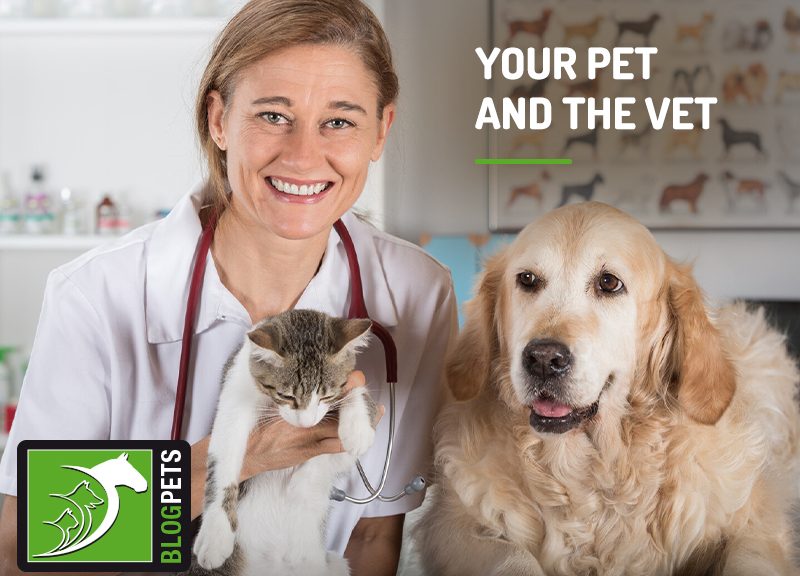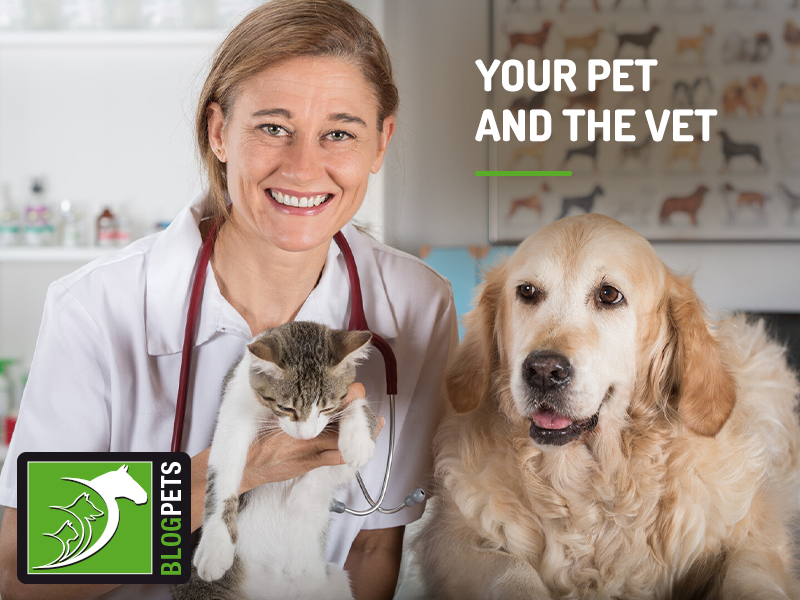For most people, when they bring a new pet home, one of the first thoughts that cross their mind is to take him or her to the vet to make sure that they are healthy.
If this is the first time you have owned a pet, even after you’ve done lots of preparation and research, that first appointment can be overwhelming! There are a lot of things that need to be discussed, including worming and flea treatments, vaccinations, microchipping, nutrition, neutering, socialisation and training, some of which need to take place at very specific times, meaning there’s a lot to take in!
But don’t worry; it’s perfectly natural to feel confused! Your vet will lay out a detailed plan for the upcoming weeks, where all of these basic needs will be addressed one by one, and where you’ll be able to discuss any concerns that you may have.
Throughout your pets’ life, there are two main reasons to take them to the vet. Firstly, there are the routine preventative visits, and secondly those visits when your pet is unwell.
Preventative medicine includes all the basics mentioned above, which are extremely important to protect your pet from preventable issues, such as life-threatening contagious diseases, internal and external parasites, obesity and associated conditions, and even reproductive cancer.
As for when your pet becomes ill, as you’re aware, there are a number of conditions that can affect our pets, which can be as simple as gastroenteritis from eating a fatty piece of bacon, for example, to something more serious that requires life-long management, such as heart disease.
As a pet owner, it is your responsibility to speak for your pet, and an attentive owner is a valuable diagnostic tool! You’re the one that knows your pet the best, and you’ll be able to notice when something is wrong, even if your pet seems normal to other people. Make it a routine to give your pet a check over once a week and get to know what is normal. That way you will be able to recognise the abnormal.
This is particularly important when it comes to chronic diseases, such as diabetes or chronic kidney disease, for example. Early signs can be as subtle as drinking or urinating more than usual, which can be easily overlooked if you don’t know what usual is for your pet.
But paying attention is also vital in acute diseases, such as intoxications, for example, in which the sooner treatment is started, the better the chances of recovery and even survival.
If you have any questions relating to the health of your pet, don’t hesitate to contact your vet. They’ll be happy to give advice, help, assist, see and treat your pet as needed, and you will also gain peace of mind in knowing that you’re providing the care that your pet deserves.

